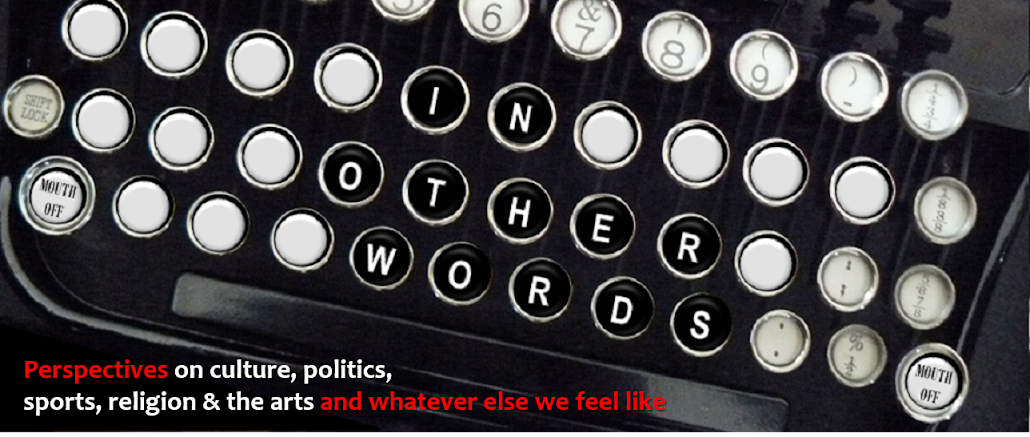For those of you who've noticed the analysis on CNN by Vatican correspondent Delia Gallagher, you might be interested in a piece she wrote a little over a year for Inside the Vatican on the Pope's 33-page poem, "Roman Triptych: Meditations," which John Paul wrote shortly after his final trip to Poland, and which Gallagher saw as a possibly prophetic work. I knew very little about this particular poem until reading her article; this may simply have been stupidity on my part, but it seems as if this work of the Pope should have gotten more attention than it did. The Vatican certainly gave it a high degree of importance, as it was presented to the media and Curial cardinals by Cardinal Ratzinger himself.
Here is a portion of the poem excerpted by Gallagher:
He will stop your hand, when it is ready to strike that sacrificial blow...
He will not permit your hand to fall,
when in your heart it has already fallen.
Yes-your hand will stop in the air.
He Himself will stay it.
And from now on, the Hill of Moriah will wait --
For on this hill the mystery must be fulfilled.
Gallagher's analysis follows:
Is it too much to suggest that this passage, in addition to a reflection on an ancient blow that did not fall, is a prayer -- a supplication that God will again stop the hand that is ready to strike?
The last two lines of this stanza suggest not only the waiting period from Abraham to Jesus, but a waiting that continues in our time for the mystery to be fulfilled.
In the above stanza and the one that follows, the Pope reminds his reader of the significance of "these places" namely, Ur(Iraq) and Jerusalem (Israel).
The places that today are so troubled by war -- where man can be seen at his worst and where the destruction of man threatens -- are the very places where God fulfills his promises.
Thus it seems at once a supplication to man not to forget God and to God not to forget man.
There is also a section of the poem which can be interpreted as instructions by the Pope regardign the next conclave:
Another mysterious aspect of this poem, which must be read with more significance today than when the article was originally written, is that John Paul seems to be giving specific instructions to the cardinals as to what they must keep in mind when voting in the next conclave.
In essence, he seems to be telling the cardinals now, while alive, that they must allow the Holy Spirit to guide them when it comes time for them to vote, and not a human or political calculation.
The Pope begins by painting a dramatic picture for us of the upcoming election.
The cardinals will gather in the Sistine Chapel before the great frescoes of Michelangelo which depict the beginning and end of the world, he writes.
"Michelangelo's vision must then speak to them," the Pope writes. "They will find themselves between the beginning and the end, between the Day of Creation and the Day of Judgment. It is necessary that during the Conclave Michelangelo teach them."
Then he adds, with seeming urgency: "Do not forget: Omnia nuda et aperta sunt ante oculos Ejus ("All things are naked and open before His eyes")... He will teach you."
Has there ever been a pope like this before? There can't be any doubt that John Paul was a true mystic, and I'm beginning to agree with those who favor the next pontificate being a short one simply to give the Church time to review and assimilate all that John Paul has written.
Read the entire article here (registration may be required). (There is also Joseph Bottom's review of the published book, from the May First Things, in which he concludes that although the poem as a poem may be lacking in something, "Roman Triptych is not a poem so much as a doorway. Judged as a doorway, it is a serious and important construction, in whatever language one approaches it.") A fascinating discussion on what appears to be a fascinating work. I must admit that, the quality of news commentary on the Vatican being pretty uneven, I've found Delia Gallagher's work to be very good. She has been especially informative when it comes to correcting mistaken beliefs on the part of CNN commentators unfamilar with how the Vatican and the papacy operate. A Google search will produce more of her writing.

No comments:
Post a Comment
Remember: Think Before Commenting.